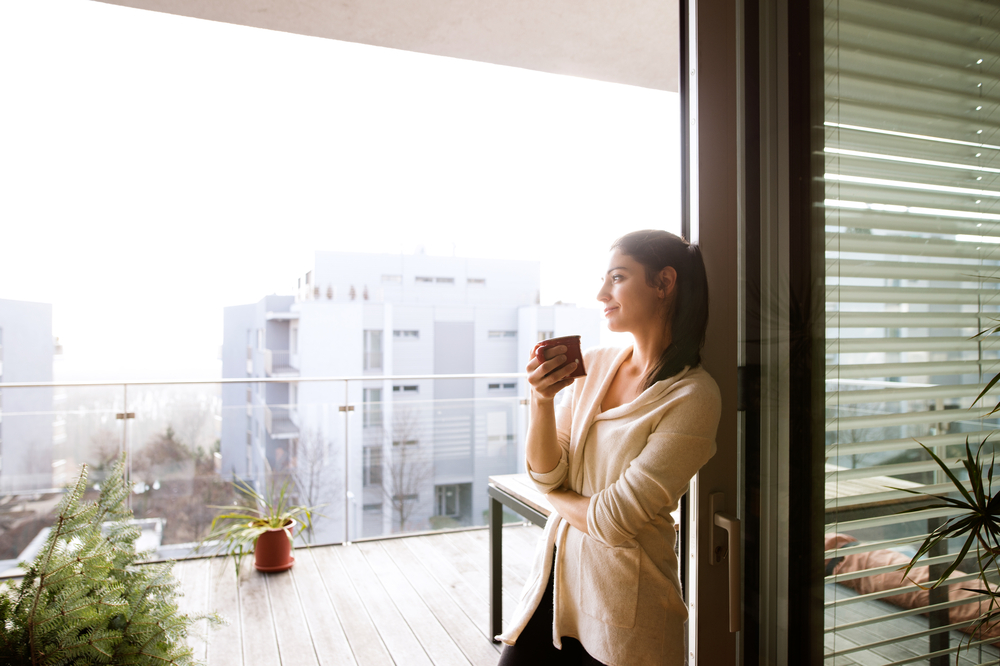
How artificial light affects your health
By Lucas on Sep 08, 2017
On the Newinhomes.com Blog, we spend a lot of time focusing on home decor tricks and tips, but we rarely touch on how features in new homes affect your health. Lighting can make a huge difference in a space depending on the fixture you’re using and the kind of bulbs, so we want to highlight a few ways artificial light affects your health.
Producing melatonin
In a dark environment, your body secretes a hormone called melatonin from your pineal gland. This helps your body understand that it is time to sleep.
A 2011 study in The Journal of Clinical Endocrinology & Metabolism found that exposure to light (compared to dim light) in the evening hours suppressed melatonin production by approximately 85%.
While LED bulbs are recognized as an energy efficient lighting solution, they are responsible for producing more blue light, which is bad for your sleep because blue light suppresses melatonin more than any other light.
We’re not saying to switch to fluorescents or incandescents - they also suppress melatonin production; light in general does so. If you want to get a good sleep, the best thing to do is avoid the use of electronics like your phone, computer, tablet, or television right before bed.
Lighting in your home

Dimmers can make a huge difference when using LEDs or any other type of lighting. If you have a fireplace and candles, this is a great way to light your home in the evening (it may get a little romantic, but what’s wrong with that?).
Fluorescents aren’t typically used in homes. In fact, it’s odd that they’re used mostly in office spaces since exposure to excessive fluorescent lighting has been linked to migraines, eye strain, stress, anxiety, obesity, increases in breast cancer rates, and many other negative effects.
You’ll still find many homes with incandescent lighting. This kind of light is warmer, so it’s easier on the eyes compared to LEDs, but they also use much more energy and don’t last very long. Households with incandescent lighting may opt for halogen lighting, which throws more light without consuming more energy than a standard incandescent.
In general, too much artificial lighting no matter what kind of light it is can have negative effects on your health.
It’s important to open your home, letting in as much natural light as possible. During the day, open the curtains and blinds and do your best to rely on sunlight to complete day-to-day tasks.
When looking for a new home, take into consideration the orientation of the windows. A northern exposure will give you the least light. If you are home in the mornings, then you want an eastern exposure so you get the sunrise. If it’s more important to you to have more lighting in the afternoon, then you want a western exposure. Southern exposures will give you light all day.
In our modern world, it is impossible to avoid artificial light, but you can take measures to limit your exposure. Avoid glowing screens at night, put your fireplace and candles to good use, and take advantage of all the natural sunlight you have!


